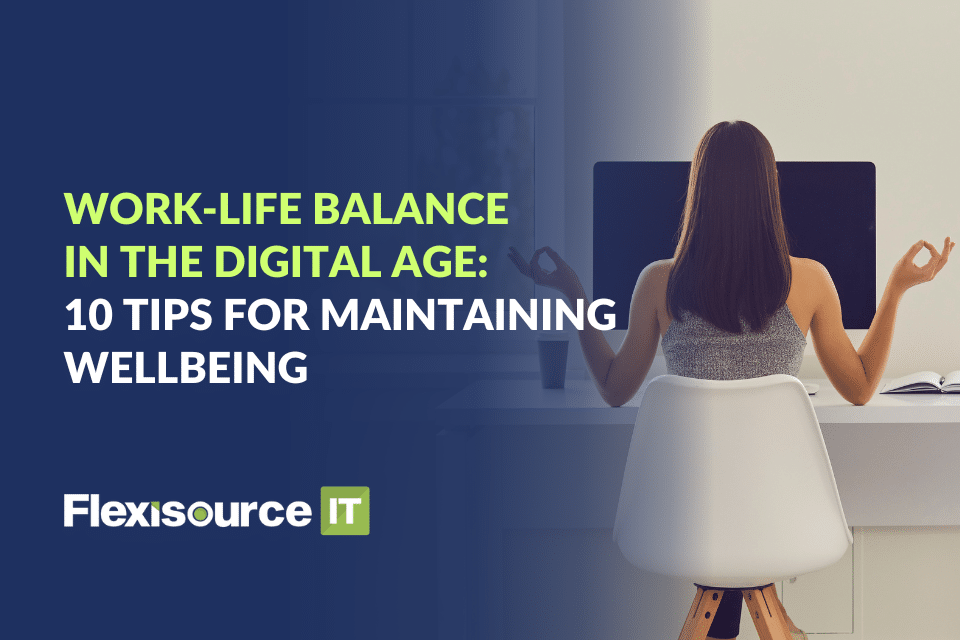Work-Life Balance in the Digital Age: 10 Tips for Maintaining Wellbeing
As more companies embrace remote work and work from home, work and personal life boundaries have become increasingly blurred. Many workers find it challenging to maintain a healthy work-life balance. […]
Work-Life Balance in the Digital Age: 10 Tips for Maintaining Wellbeing Read More »







